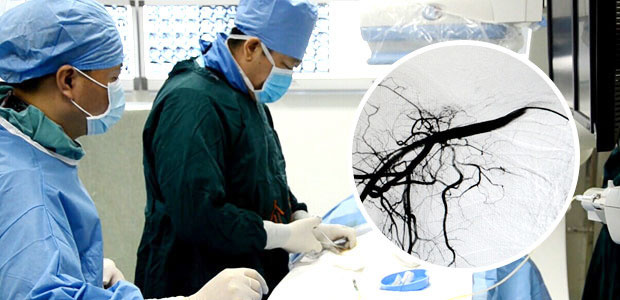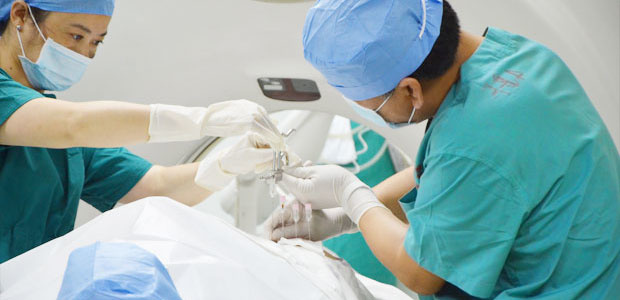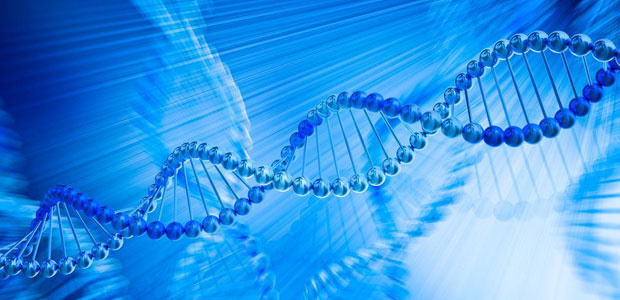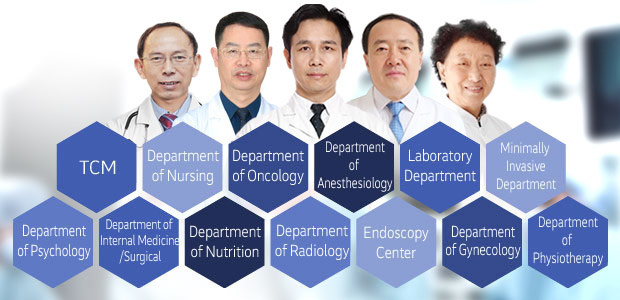The Philippine Cancer Society reported an incidence of 1.2 per 100,000 person years in 2010, while a recent study by Sarmiento and Mejia found an incidence of 2.07 per 100,000 person years. Early detection and appropriate treatment are the important factors to improve nasopharyngeal cancer patients’ survival rate.
Oncologist from St. Stamford Modern Cancer Hospital Guangzhou remains that one should take appropriate cancer treatment once being diagnosed with nasopharyngeal cancer, because the 5-year survival rate of early stage nasopharyngeal cancer is higher than 90%, while the 5-year survival rate of middle and advanced stage nasopharyngeal cancer is below 50%.
Classification of Nasopharyngeal Cancer
World Health Organization (WHO) has divided nasopharyngeal cancer into three categories: keratinizing squamous cell carcinoma, non-keratinizing squamous cell carcinoma and undifferentiated carcinoma. NPC is much more common in Southeast Asia, nearly all cases are the non-keratinizing squamous cell carcinoma.
Interpretation of Nasopharyngeal Cancer Pathology Report
• What is Non-Keratinizing squamous cell carcinoma?
• To know more about nasopharyngeal cancer tumor marker —— Epstein-Barr Virus (EBV)
Nasopharyngeal Cancer Stages and Corresponding 5-year survival rate
(Statistics from American Cancer Society)
Stage 0 Nasopharyngeal Cancer: 95%
Stage I Nasopharyngeal Cancer: 72%
Stage II Nasopharyngeal Cancer : 64%
Stage III Nasopharyngeal Cancer: 62%
Stage IV Nasopharyngeal Cancer: 38%
Treatment for Nasopharyngeal Cancer
Torturous Traditional Anticancer Technology
Operation: Big trauma and high risk; not suitable for advanced nasopharyngeal cancer patient.
Radiotherapy and Chemotherapy: Though radiotherapy and chemotherapy are the most common treatments for nasopharyngeal cancer, they damage the immune system in that it kills not only cancer cells but also normal cells. Patients may suffer from severe side effects, such as loss of hair and vomiting, etc. Besides, it is not suitable for advanced stage patients.
Improve the Survival Rate of Nasopharyngeal Cancer with Cutting-edge Minimally Invasive Therapy
Minimally Invasive Therapy: 2-3mm incision, few side effects, little pain

Interventional therapy: with a 1-2 millimeter incision, anti-cancer drugs are directly given to the tumor, causing fewer side effects and killing cancer cells more accurately. The drug concentration is 2-8 times higher than systemic chemotherapy.

Particle Implantation: These implanted particles will keep emitting y-ray within the tumor, targeting to the cancer cells accurately; the radiation of seeds to tumor last for 180 days, high accuracy, millimeter minimally invasive; few toxic side effects and complications.

Combination of Traditional Chinese Medicine & Western Medicine: Combining with advantages of traditional Chinese medicine and western medicine, tumor cells will be directly wiped out and killed it accurately and powerfully. It also maximally reduces patient’s physical hurt due to treatment.

Gene Targeted Therapy: Gene targeted therapy kills cancer cells thoroughly. Compared to traditional nasopharyngeal cancer treatments, it has the advantages of high accuracy and safety, good efficacy, etc.
To know more cutting-edge technologies for nasopharyngeal cancer
Joint Consultation offered by the Multidisciplinary Team to Tailor Personalized Treatment plan for Nasopharyngeal Cancer Patients

• Diet for Patients with Nasopharyngeal Cancer after Chemotherapy
• Common Nursing Methods for Nasopharyngeal Cancer